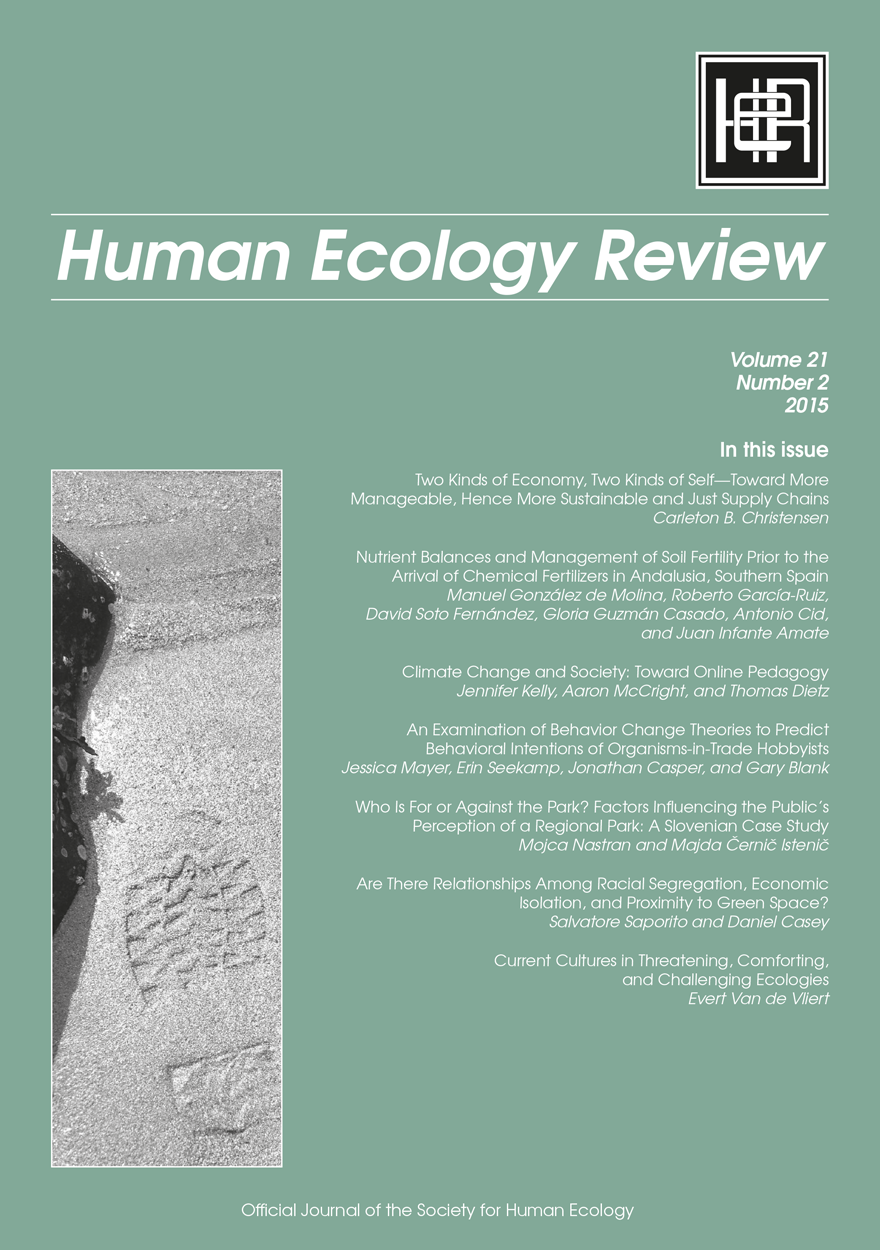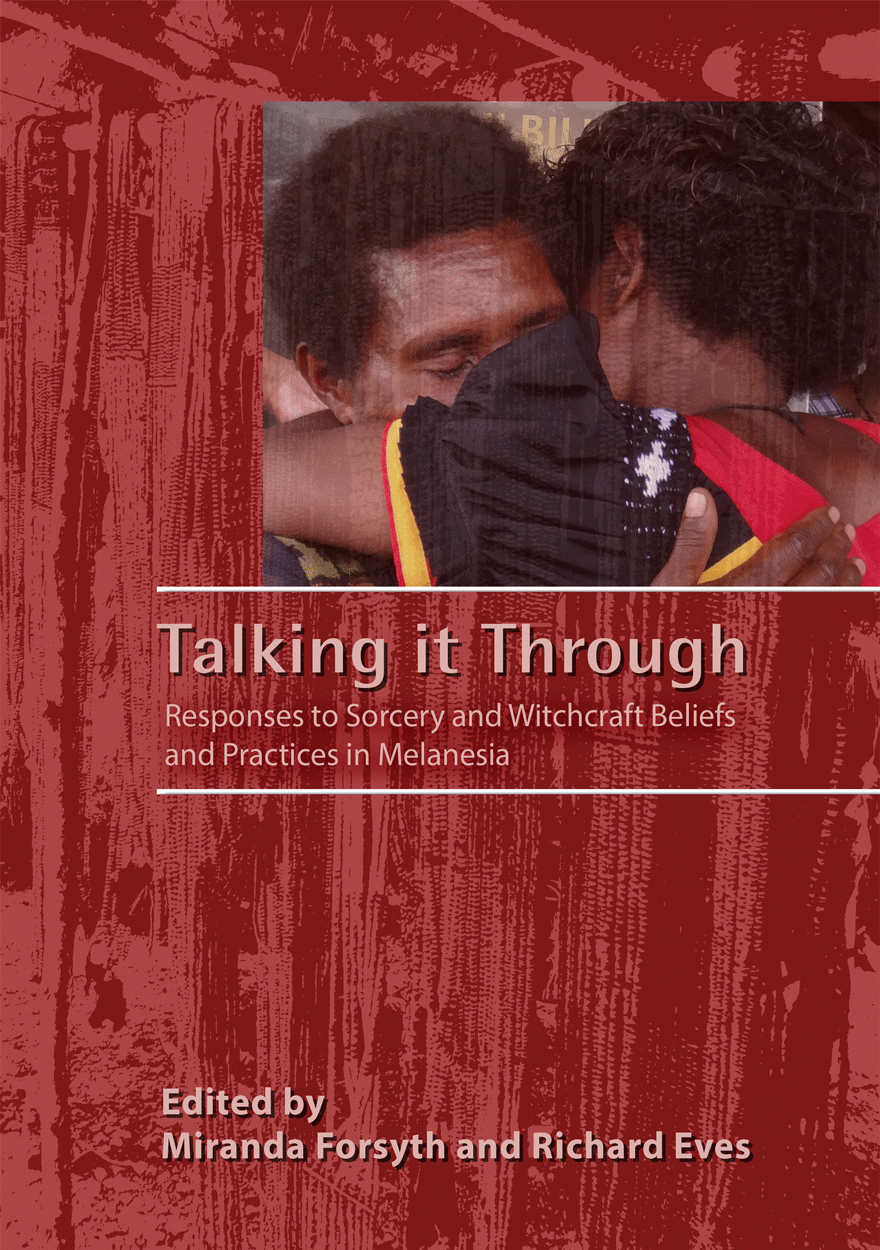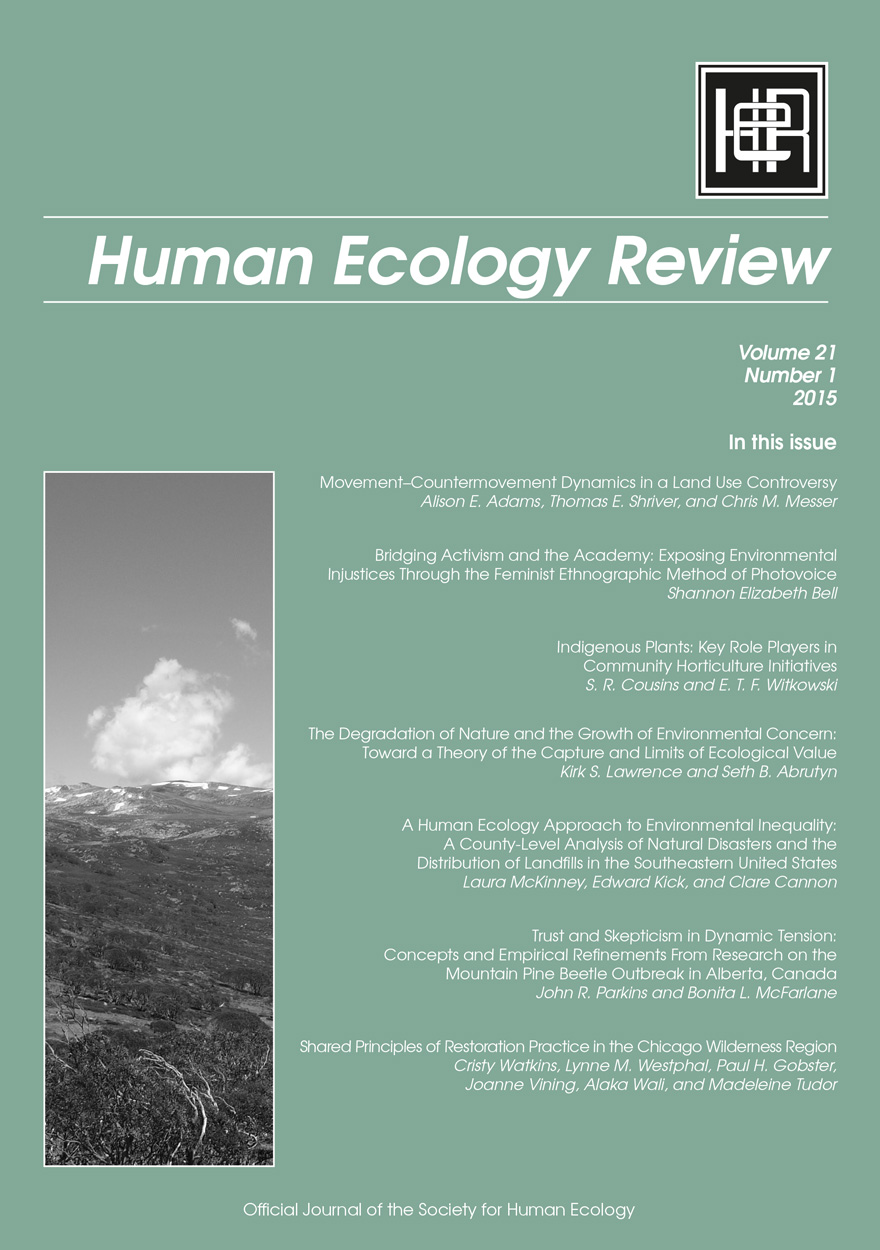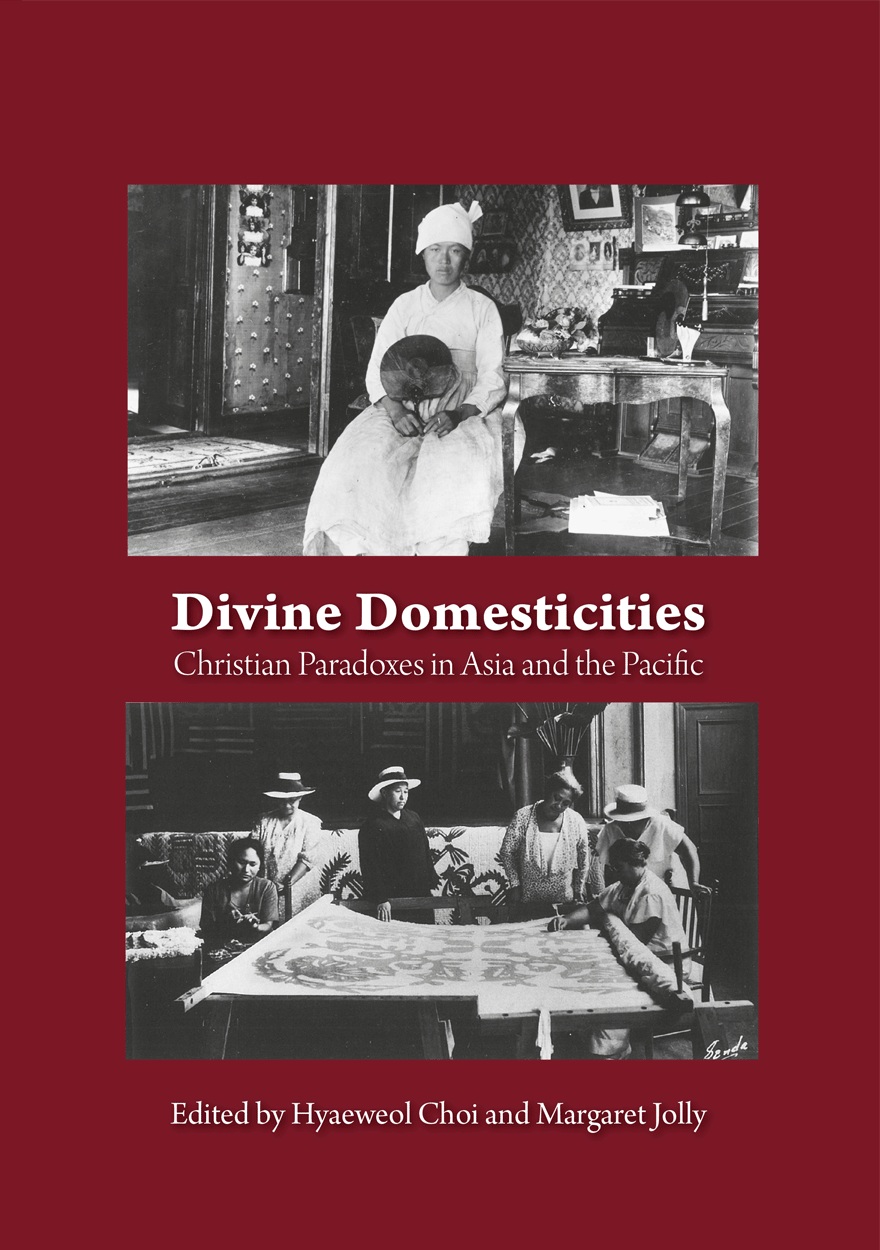Search titles
Displaying results 21 to 30 of 59.

A Mission Divided »
Race, Culture and Colonialism in Fiji’s Methodist Mission
Authored by: Dr Kirstie Close-Barry
Publication date: December 2015
This book provides insight into the long process of decolonisation within the Methodist Overseas Missions of Australasia, a colonial institution that operated in the British colony of Fiji. The mission was a site of work for Europeans, Fijians and Indo-Fijians, but each community operated separately, as the mission was divided along ethnic lines in 1901. This book outlines the colonial concepts of race and culture, as well as antagonism over land and labour, that were used to justify this separation. Recounting the stories told by the mission’s leadership, including missionaries and ministers, to its grassroots membership, this book draws on archival and ethnographic research to reveal the emergence of ethno-nationalisms in Fiji, the legacies of which are still being managed in the post-colonial state today.
Analysing in part the story of her own ancestors, Kirstie Barry develops a fascinating account of the relationship between Christian proselytization and Pacific nationalism, showing how missionaries reinforced racial divisions between Fijian and Indo-Fijian even as they deplored them. Negotiating the intersections between evangelisation, anthropology and colonial governance, this is a book with resonance well beyond its Fijian setting.
– Professor Alan Lester, University of Sussex
This thoroughly researched and finely crafted book unwraps and finely illustrates the interwoven layers of evolving complexity in different interpretations of ideals and debates on race, culture, colonialism and independence that informed the way the Methodist Mission was run in Fiji. It describes the human personalities and practicalities, interconnected at local, regional and global levels, which influenced the shaping of the Mission and the independent Methodist Church in Fiji. It documents the influence of evolving anthropological theories and ecumenical theological understandings of culture on mission practice. The book’s rich sources enhance our understanding of the complex history of ethnic relations in Fiji, helping to explain why ethnic divisive thinking remains a challenge.
– Jacqueline Ryle, University of the South Pacific
A beautifully researched study of the transnational impact of South Asian bodies on nationalisms and church devolution in Fiji, and an important resource for empire studies as a whole.’
– Professor Jane Samson, University of Alberta, Canada

Maudu' »
A Way of Union with God
Authored by: Muhammad Adlin Sila
Publication date: November 2015
This volume offers a fascinating case study of the Sayyid community of Cikoang in South Sulawesi – in particular, an examination of the role of the descendants of Sayyid Jalaluddin al-‘Aidid, a Hadhrami merchant-teacher of great authority and charisma who is said to have initially settled in Gowa in the 17th century. It is of particular interest because the migration of Sayydid Jalaluddin occurred well before the major Hadhrami diaspora to Southeast Asia in the mid-19th century. Of particular interest is the way Sayyid Jalaluddin and his descendants became integrated within the Makassar community.
Sayyid Jalaluddin’s legacy to the Cikoang community is the Tarekat Bahr ul-Nur, whose mystic teachings expound the creation of the world from the ‘Nur Muhammad’. A consequence of this teaching is an enormous emphasis on the celebration of Maudu’ (Maulid or the Birth of the Prophet) as expressed in the local assertion: ‘My existence on this earth is for nothing but Maudu’.’ Every year this prompts the Cikoang community to hold one of the most elaborate and colourful Maulid celebrations in Indonesia.
This study was originally submitted as an MA thesis at ANU in 1998, but soon became recognised as an important contribution to Hadhrami studies. Its author, M. Adlin Sila, has since gone on to complete his PhD at ANU, Being Muslim in Bima of Sumbawa, Indonesia: Practice, Politics and Cultural Diversity. This study of Bima and its religious history establishes him as a major researcher on the diverse traditions of Islam in eastern Indonesia.

Human Ecology Review: Volume 21, Number 2 »
Publication date: September 2015
Human Ecology Review is a semi-annual journal that publishes peer-reviewed interdisciplinary research on all aspects of human–environment interactions (Research in Human Ecology). The journal also publishes essays, discussion papers, dialogue, and commentary on special topics relevant to human ecology (Human Ecology Forum), book reviews (Contemporary Human Ecology), and letters, announcements, and other items of interest (Human Ecology Bulletin). Human Ecology Review also publishes an occasional paper series in the Philosophy of Human Ecology and Social–Environmental Sustainability.
Download for free
Not available for purchase

Long History, Deep Time »
Deepening Histories of Place
Edited by: Ann McGrath, Mary Anne Jebb
Publication date: August 2015
The vast shape-shifting continent of Australia enables us to take a long view of history. We consider ways to cross the great divide between the deep past and the present. Australia’s human past is not a short past, so we need to enlarge the scale and scope of history beyond 1788. In ways not so distant, these deeper times happened in the same places where we walk today. Yet, they were not the same places, having different surfaces, ecologies and peoples. Contributors to this volume show how the earth and its past peoples can wake us up to a sense of place as history – as a site of both change and continuity.
This book ignites the possibilities of what the spaces and expanses of history might be. Its authors reflect upon the need for appropriate, feasible timescales for history, pointing out some of the obstacles encountered in earlier efforts to slice human time into thematic categories. Time and history are considered from the perspective of physics, archaeology, literature, western and Indigenous philosophy. Ultimately, this collection argues for imaginative new approaches to collaborative histories of deep time that are better suited to the challenges of the Anthropocene. Contributors to this volume, including many leading figures in their respective disciplines, consider history’s temporality, and ask how history might expand to accommodate a chronology of deep time. Long histories that incorporate humanities, science and Indigenous knowledge may produce deeper meanings of the worlds in which we live.

Vietnam as if… »
Tales of youth, love and destiny
Authored by: Kim Huynh
Publication date: August 2015
Vietnam as if… follows five young people who have moved from the countryside to the city. Their dramatic everyday lives illuminate some of the most pressing issues in Vietnam today: ‘The Sticky Rice Seller’ explores gender roles; ‘The Ball Boy’ is all about the struggles of sexual and ethnic minorities; ‘The Professional’ examines relations between rich and poor; ‘The Goalkeeper’ delves into politics and ideology; and ‘The Student’ reflects upon family and faith. The stories also reboot several classics of Vietnamese literature for the twenty-first century, including ‘Floating Dumplings’ by feminist poet Ho Xuan Huong, Vu Trong Phung’s satire of French colonialism Dumb Luck, Nguyen Du’s epic account of fate and sacrifice ‘The Tale of Kieu’, and the proclamations of Ho Chi Minh. These novellas reveal the deepest sentiments of Vietnamese youth as they – like youth everywhere – come of age, fall in love and contest their destiny.
In 2011 Kim Huynh returned to Vietnam, having left more than three decades earlier. He had few plans other than to experience as much of his birthplace as possible. That year he came into contact with a wide range of people and took on many trades. Kim drank and dined with government officials, went on pilgrimages with corporate tycoons and marched in the streets against foreign aggression. He sold sticky rice, was a tennis player and also a ball boy, attended all manner of rituals and celebrations, eavesdropped on people in cafés and restaurants, and went back to the classroom as both a student and a teacher. Rich in detail and broad in scope, these tales capture Kim’s experiences and imaginings of Vietnam as if….

Talking it Through »
Responses to Sorcery and Witchcraft Beliefs and Practices in Melanesia
Edited by: Miranda Forsyth, Richard Eves
Publication date: May 2015
Sorcery and witchcraft practices and beliefs are pervasive across Melanesia. They are in part created by, and give rise to, a wide variety of poor social and developmental outcomes. These include uneven economic development, low public health, lack of social cohesion, crime, fear and insecurity. A further very visible problem is the attacks on men and women who are accused of being practitioners of witchcraft or sorcery, which can lead to serious bodily harm, banishment and sometimes death. Today, many communities, individuals, church organisations and policymakers in Melanesia and internationally are exploring ways to overcome the negative social outcomes associated with witchcraft and sorcery practices and beliefs. This book brings together a collection of chapters written by a diverse range of authors, both Melanesian and non-Melanesian, providing crucial insights both into how these practices and beliefs are playing out in contemporary Melanesia, and also the types of interventions that are being trialled or debated to address the problems associated with them.

East Asia Forum Quarterly: Volume 7, Number 1, 2015 »
Publication date: April 2015
East Asia Forum Quarterly grew out of East Asia Forum (EAF) online, which has developed a reputation for providing a platform for the best in Asian analysis, research and policy comment on the Asia Pacific region in world affairs. EAFQ aims to provide a further window onto research in the leading research institutes in Asia and to provide expert comment on current developments within the region. The East Asia Forum Quarterly, like East Asia Forum online, is an initiative of the East Asia Forum (EAF) and its host organisation, the East Asian Bureau of Economic Research (EABER) in the Crawford School of Economics and Government in the College of Asia & the Pacific at The Australian National University.
Download for free
Not available for purchase

Human Ecology Review: Volume 21, Number 1 »
Publication date: February 2015
Human Ecology Review is a semi-annual journal that publishes peer-reviewed interdisciplinary research on all aspects of human–environment interactions (Research in Human Ecology). The journal also publishes essays, discussion papers, dialogue, and commentary on special topics relevant to human ecology (Human Ecology Forum), book reviews (Contemporary Human Ecology), and letters, announcements, and other items of interest (Human Ecology Bulletin). Human Ecology Review also publishes an occasional paper series in the Philosophy of Human Ecology and Social–Environmental Sustainability.
Download for free
Not available for purchase

Divine Domesticities »
Christian Paradoxes in Asia and the Pacific
Edited by: Hyaeweol Choi, Margaret Jolly
Publication date: October 2014
Divine Domesticities: Christian Paradoxes in Asia and the Pacific fills a huge lacuna in the scholarly literature on missionaries in Asia/Pacific and is transnational history at its finest. Co-edited by two eminent scholars, this multidisciplinary volume, an outgrowth of several conferences/seminars, critically examines various encounters between western missionaries and indigenous women in the Pacific/Asia … Taken as a whole, this is a thought-provoking and an indispensable reference, not only for students of colonialism/imperialism but also for those of us who have an interest in transnational and gender history in general. The chapters are very clearly written, engaging, and remarkably accessible; the stories are compelling and the research is thorough. The illustrations are equally riveting and the bibliography is extremely useful.
—Theodore Jun Yoo, History Department, University of Hawai’i
The editors of this collection of papers have done an excellent job of creating a coherent set of case studies that address the diverse impacts of missionaries and Christianity on ‘domesticity’, and therefore on the women and children who were assumed to be the rightful inhabitants of that sphere … The introduction to the volume is beautifully written and sets up the rest of the volume in a comprehensive way. It explains the book’s aim to advance theoretical and methodological issues by exploring the role of missionary encounters in the development of modern domesticities; showing the agency of indigenous women in negotiating both change and continuity; and providing a wide range of case studies to show ‘breadth and complexity’ and the local and national specificities of engagements with both missionaries and modernity. My view is that all three aims are well and truly fulfilled.
—Helen Lee, Head, Sociology and Anthropology, La Trobe University, Melbourne

Looking for Love in the Legal Discourse of Marriage »
Authored by: Renata Grossi
Publication date: September 2014
This book examines the (in)visibility of romantic love in the legal discourse surrounding modern Australian marriage. It looks at how romantic love has become a core part of modernity, and a dominant part of the Western marriage discourse, and considers how the ideologies of romantic love are (or are not) replicated in the legal meaning of marriage. This examination raises two key issues. If love has become central to people’s understanding of marriage, then it is important for the legitimacy of law that love is reflected in both the content and application of the law. More fundamentally, it requires us to reconsider how we understand law, and to ask whether it is engaged with emotions, or separate from them. Along the way this book also considers the meaning of love itself in contemporary society, and asks whether love is a radical force capable of breaking down conservative meanings embedded in institutions like marriage, or whether it simply mirrors them. This book will be of interest to everyone working on love, marriage and sexuality in the disciplines of law, sociology and philosophy.



